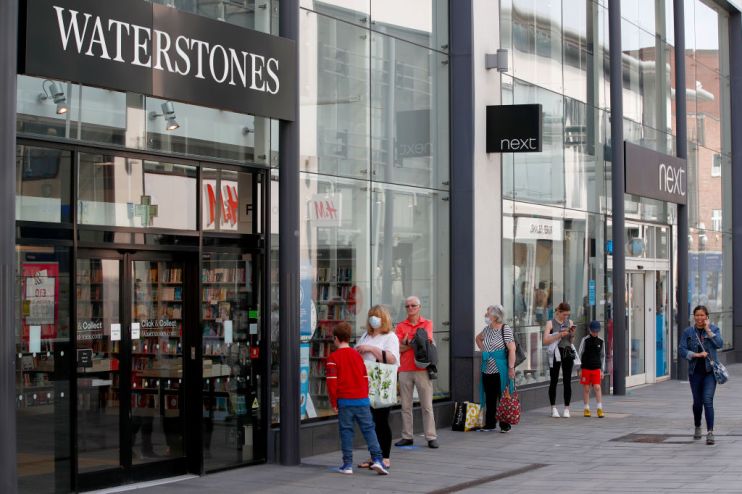Treasury mulls over temporary VAT cut to boost economy

Chancellor Rishi Sunak is considering a temporary VAT cut to help boost consumer demand and confidence.
The Treasury is considering either a blanket cut in VAT or a more targeted reduction in a bid to stimulate the faltering economy.
The measure would mirror the temporary VAT cut taken by former chancellor Alastair Darling during the 2008 financial crisis.
The Times reports that Sunak is concerned the combination of low consumer confidence and social distancing rules will mean the reopening of retail shops this week will have a limited effect on boosting consumer spending.
Statistics released last week showed that GDP fell by a staggering 20 per cent in April alone, wiping off almost two decades of economic growth.
A decision on the VAT cut will be made when data is available on whether the easing of the lockdown has prompted a sufficient uptick in retail sales.
Speaking to the BBC yesterday, Sunak emphasised the need for people to spend as shops reopen this week.
Before the Open newsletter: Start your day with the City View podcast and key market data
“The issue is not so much that they don’t have the cash, because they’ve been saving over the last few months, it’s whether they have the confidence,” he said.
“Are the animal spirits for us to get back to our high streets in the way that we used to?”
Helen Dickinson, chief executive of the British Retail Consortium, told The Times that she backed a VAT cut.
“The reopening of non-essential shops from today is unlikely to deliver immediate relief, she said.
“The government should consider options to stimulate demand, such as a short-term reduction in VAT or a temporary income tax cut for lower-income workers.”
The government is also currently reviewing its two-metre social distancing rule, after pressure from business lobby groups.
UKHospitality chief Kate Nicholls has warned that if the two-metre rule is kept that only one-third of hospitality venues would be able to operate profitably.
If it is cut to one metre, which is in line with World Health Organisation advice, it is estimated that two-thirds of hospitality businesses would be able to operate profitably.